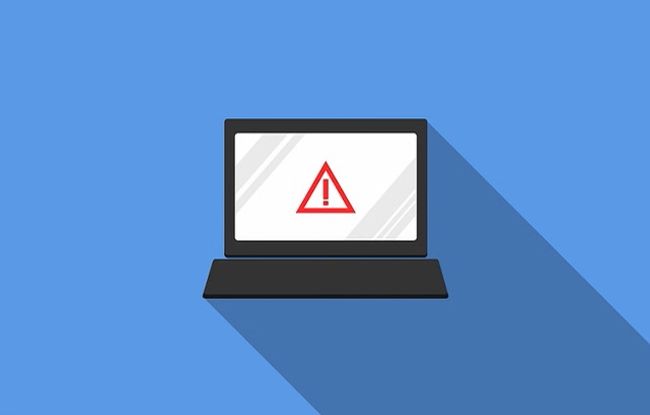Wednesday 20 May 2020 @ 14:15
National Cyber Security Centre
National Cyber Security Centre
|
|
NCSC statement: EasyJet cyber incident
An NCSC statement and advice following a cyber attack on EasyJet.

EasyJet yesterday confirmed that it had suffered a cyber attack and is in the process of contacting affected customers following the incident.
An NCSC spokesperson yesterday said:
"We are aware of this incident and have been working with EasyJet from the outset to understand how it has affected people in the UK.
“The NCSC would recommend anybody with accounts that could have been compromised to be especially vigilant against any unusual activity in their bank accounts or suspicious phone calls and emails asking them for further information.
“We would recommend considering changing passwords for accounts that could have been affected. More information can be found on the NCSC website.”
Information and advice for customers of EasyJet
- EasyJet have issued a statement regarding this incident
- Anyone who thinks they have been a victim of online crime can report a cyber incident using Action Fraud’s online fraud reporting tool anytime of the day or night, or call 0300 123 2040. For further information visit www.actionfraud.police.uk.
- If you’re an EasyJet customer, we recommend changing your password on your EasyJet account – and if you know you’ve used that password anywhere else, change it there too. The best way to make your password long and strong is by using a sequence of three random words you'll remember. Of course, remembering lots of passwords can be difficult, but if you save them in your browser then you don’t have to. There is more information on the NCSC website.
- Now would also be a good time to check if your account has appeared in any other public data breaches. Visit https://haveibeenpwned.com, enter your email address and go from there.
- Two-factor authentication (2FA) is a free security feature that gives you an extra layer of protection online and can stop cyber criminals getting into your accounts - even if they have your password. If it is available then we suggest using it on all your important accounts.
- If your account has been compromised, your personal details may be used to help craft more convincing scam emails. If you believe you have received a suspicious email then you can report it to the NCSC using the Suspicious Email Reporting Service (SERS) but the NCSC has produced advice which will help you spot the most obvious signs of scam emails.
- EasyJet confirmed that 2,208 credit card details were accessed in this incident. If you were one of them, you should be notified of this by EasyJet. We advise that you monitor your accounts for any unusual activity and if you’re worried, get in touch with your bank’s fraud department. There is more information on the NCSC website
Channel website: https://www.ncsc.gov.uk/
Original article link: https://www.ncsc.gov.uk/news/easyjet-incident
Original article link: https://www.ncsc.gov.uk/news/easyjet-incident
Share this article


